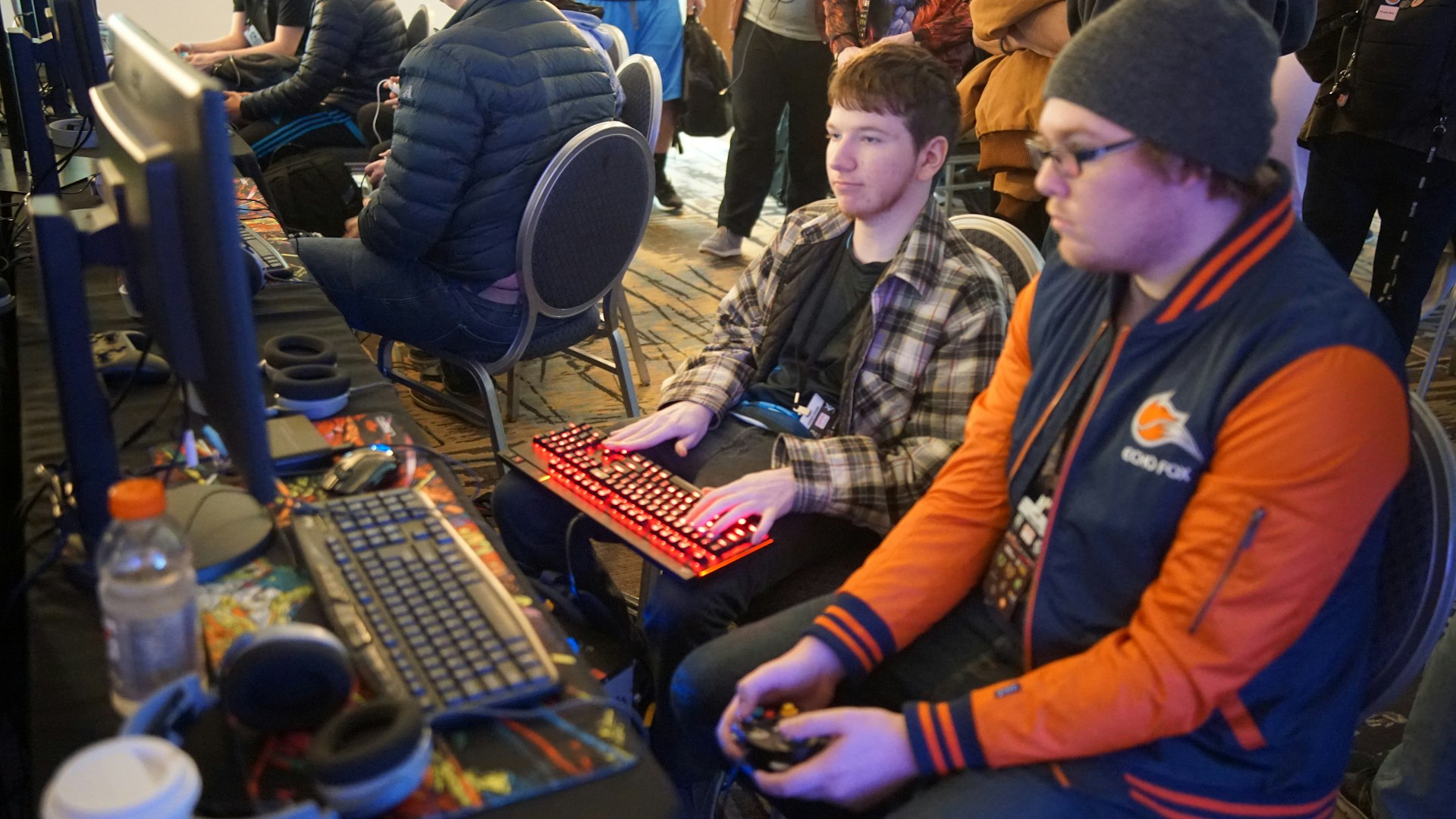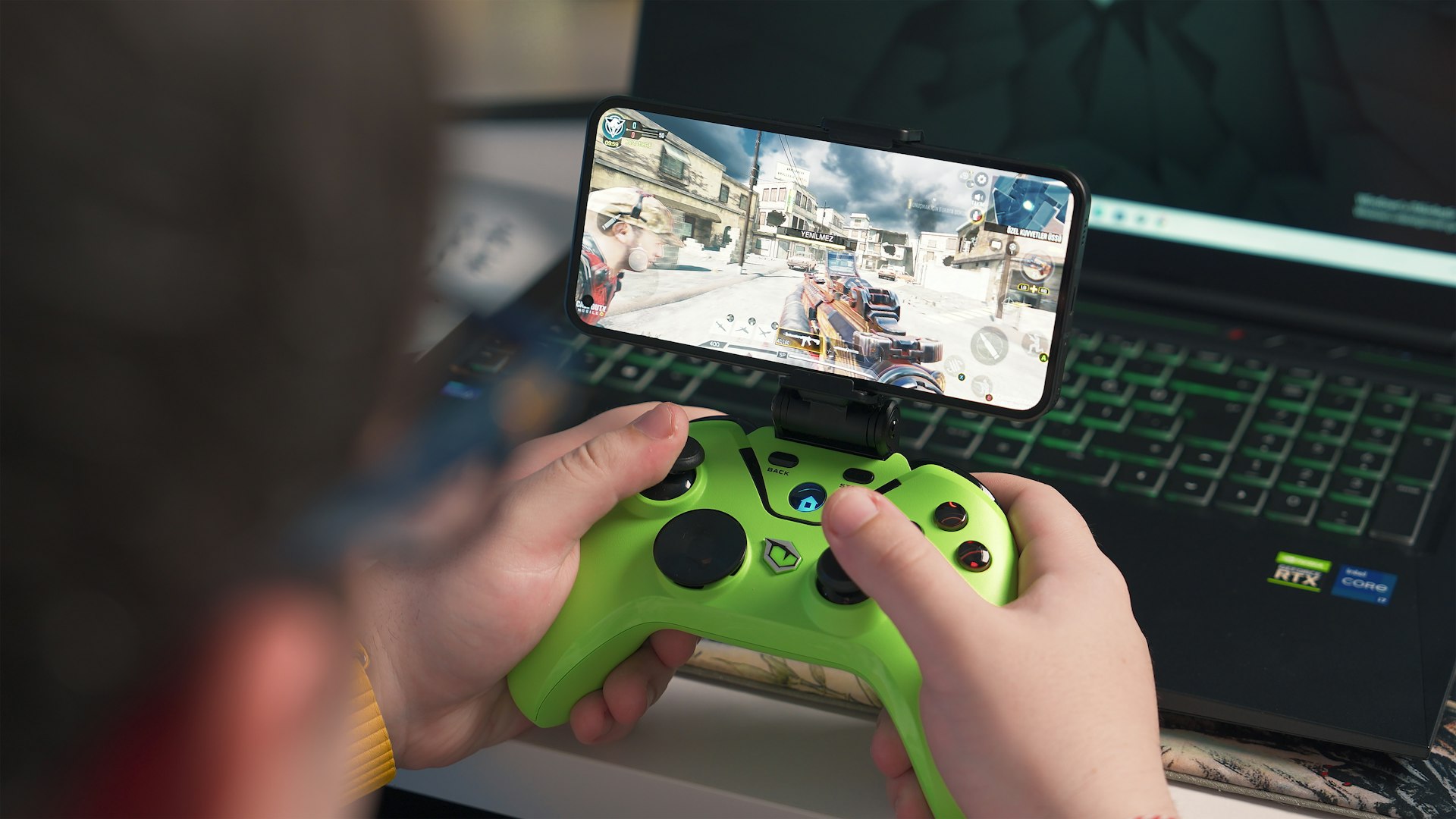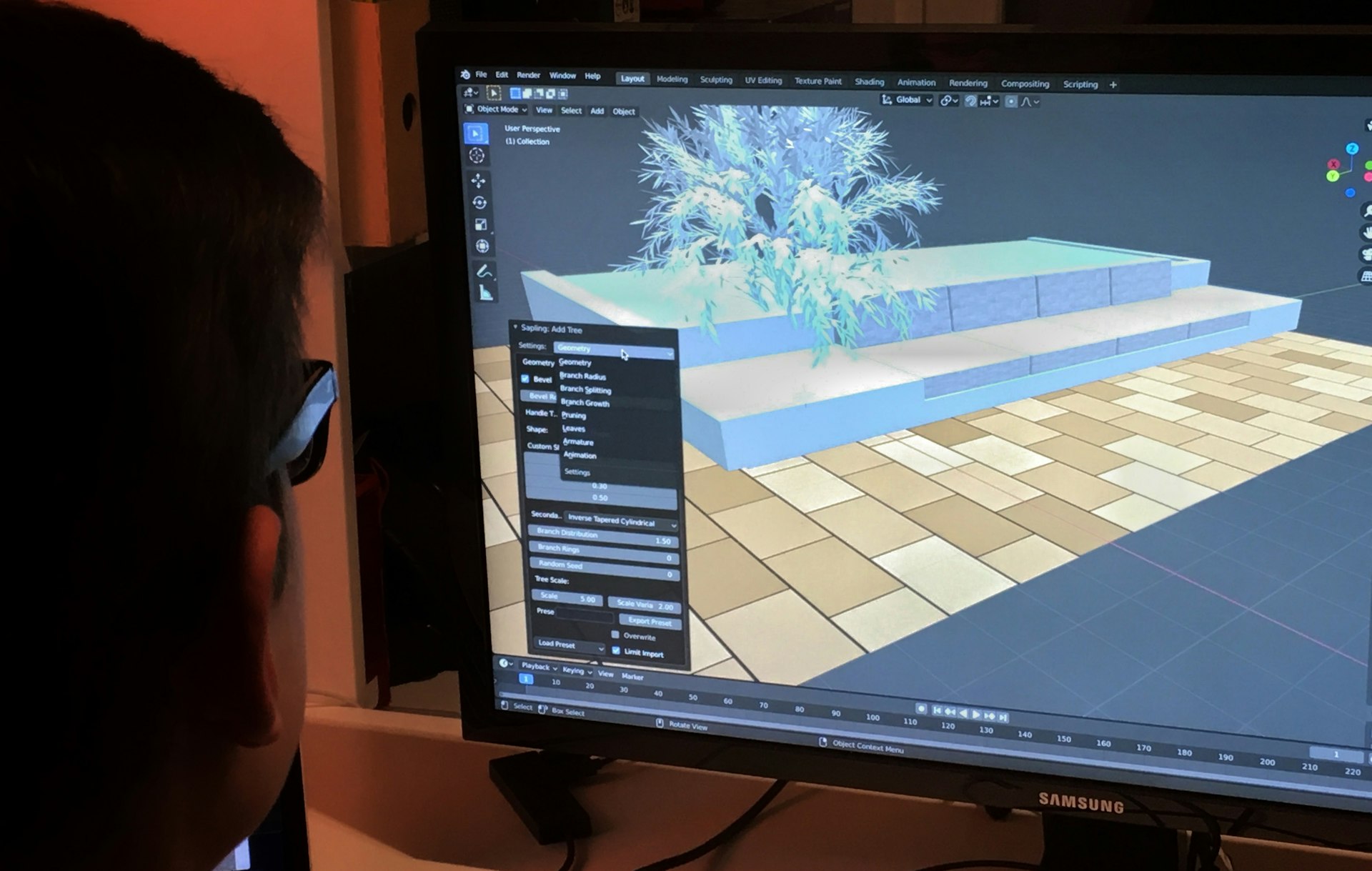How Gaming Subcultures Shape Online Identity: Community, Belonging, and Self-Discovery

Photo by Stem List on Unsplash
Understanding Gaming Subcultures and Online Identity
Online gaming has evolved beyond a recreational activity into a rich landscape of communities, where millions around the world form subcultures with unique values, behaviors, and norms. These subcultures do not exist in isolation: they profoundly influence members’ personal identities , social behaviors, and sense of belonging. Whether you’re a seasoned player or new to online games, understanding the interplay between subcultures and identity can unlock new opportunities for connection, self-expression, and personal growth [1] .
Defining Gaming Subcultures
A gaming subculture is a group formed around shared interests in certain games, play styles, or related media. These communities can revolve around genres (like MMORPGs or first-person shooters), specific games (such as Genshin Impact), or broader values (speedrunning, roleplaying, or competitive esports). Members share a distinct language, inside jokes, rituals, and expectations that may seem foreign to outsiders [3] . Participation offers more than entertainment-it provides a sense of belonging and a space for self-discovery, especially for those who may feel disconnected from mainstream society.
The Connection Between Gaming and Identity
Online games act as platforms for identity construction and experimentation. Players often create digital avatars that represent idealized, fantastical, or alternative versions of themselves. Research on games like Genshin Impact shows that players build both self-identity (how they see themselves) and social identity (how they relate to others) through ongoing interaction with game worlds and communities [2] . These identities are reinforced by:

Photo by David Hinkle on Unsplash
- In-game achievements and progression
- Participation in community events and discussions
- Sharing fan art, stories, or user-generated content
- Adopting group-specific language and customs
For many, these experiences offer a safe space to explore facets of their personality or background that may not be accepted offline.
Community Identity and Social Bonds
Gaming subcultures foster strong social bonds and collective identity through group activities, shared goals, and mutual support [4] . Community identity often shapes individual behavior, with members internalizing group values and expectations. For example, some communities emphasize teamwork and inclusivity, while others may prioritize competition or mastery. The intensity of membership can vary:
- Core members: Highly active, often taking on leadership or organizational roles
- Regulars: Participate consistently, contribute to discussions, and attend events
- Casuals: Less involved but still identify with the community and its culture
Over time, these affiliations can become central to a player’s self-image, sometimes even outweighing offline identities related to family, geography, or occupation [3] .
Benefits of Belonging to Gaming Subcultures
Engagement in gaming communities offers numerous advantages:
- Social connection : Especially for individuals experiencing loneliness or social anxiety, online games provide accessible avenues to meet like-minded peers and form friendships [1] .
- Personal development : Active participation can foster leadership skills, teamwork, and creative expression.
- Support and inclusion : Gaming communities often support members through challenges, celebrating achievements and providing advice [5] .
- Identity exploration : Players may safely explore different aspects of their identity, such as gender, culture, or personality traits.
For example, shy or emotionally sensitive individuals often use online games to build social circles and maintain friendships, benefiting from the relative anonymity and flexibility of digital interaction [5] .
Challenges and Risks
While gaming subcultures offer support and growth, they also present potential challenges:
- Exclusivity and gatekeeping : Some communities may enforce strict norms or exclude new members perceived as outsiders.
- Stigma : In certain cultures, being part of a gaming subculture may be viewed negatively or as a barrier to social acceptance [3] .
- Extremism : Intense identification can sometimes lead to negative behaviors, such as hostility or aggression toward out-groups [1] .
- Time management : Deep involvement can impact academic, professional, or personal responsibilities.
It is important to approach participation with an awareness of these risks and to seek out communities that align with positive, inclusive values.
How to Access and Engage with Gaming Subcultures
If you’re interested in joining or deepening your involvement in a gaming subculture, consider the following actionable steps:
- Identify your interests: Reflect on the types of games and play styles that appeal to you.
- Find communities: Use official game forums, Discord servers, Reddit subreddits, or social media groups related to your chosen games. To ensure safety, start with official channels provided by game developers or reputable platforms.
- Observe and participate: Spend time reading community guidelines, observing discussions, and gradually contributing your own comments or creative work.
- Build connections: Reach out to other members for advice or to form teams. Respect group norms and be open to feedback.
- Balance your involvement: Monitor your time and emotional investment to maintain a healthy balance with offline life.
If you need support, many games offer in-game moderation or player support teams. For more general advice, you can search for player safety resources from major game publishers or esports organizations. If you encounter exclusion or negative behaviors, consider reaching out to community moderators or seeking alternative groups that promote inclusivity.
Alternative Approaches and Additional Resources
Not all gamers thrive in large, public communities. Some prefer:
- Private group play with friends or family
- Solo play while observing community discussions from afar
- Participation in offline meetups or tournaments (where available)
To expand your knowledge, consider reading academic studies on gaming subcultures, exploring official game wikis, or attending online panels and conventions. If you wish to understand more about the psychological impacts, searching for peer-reviewed articles on identity formation in gaming can offer further insight. Some universities and research institutes publish open-access studies on the topic. To find these, use search terms like “gaming subcultures identity academic research” in your preferred academic database or search engine.
Key Takeaways
Gaming subcultures are powerful forces for socialization, self-discovery, and belonging. While they offer many benefits, it’s essential to choose communities that support your well-being and align with your values. If you’re seeking to join or build your online identity within a gaming community, start with official channels, respect group norms, and prioritize a healthy balance between online and offline life.
References
- Kowert, R. (2022). Not just a game: Identity fusion and extremism in gaming. Frontiers in Communication. Explores how gaming communities foster identity fusion and its effects.
- Academic Journal of Management and Social Sciences (2024). Beyond Game Culture: How Genshin Impact Gamers Construct Their Identities through Game Media. Examines identity construction in the Genshin Impact community.
- Pitroso, G. (2024). A literature review of gaming communities and sociological perspectives. New Media & Society. Reviews the sociological aspects of gaming subcultures.
- Hafizh, et al. (2022). The role of community identity in changing online gamers’ behavior. Discusses the shaping of identity and lifestyle through gaming communities.
- Kowert, R. et al. (2014). The Relationship Between Online Video Game Involvement and Gaming-Related Friendships Among Emotionally Sensitive Individuals. National Institutes of Health. Explores gaming as a venue for social support.
MORE FROM zestpath.net













